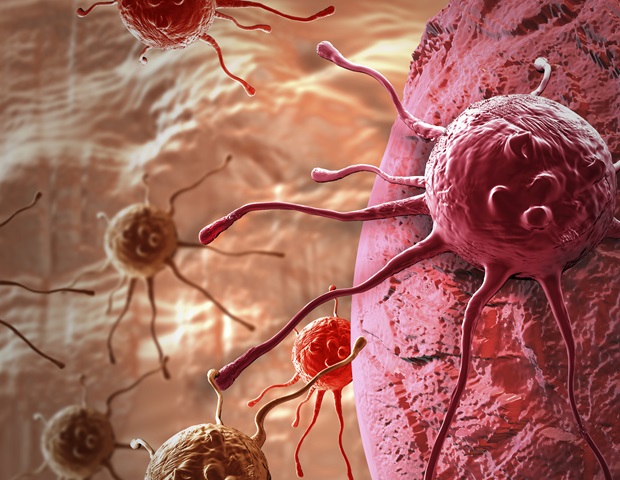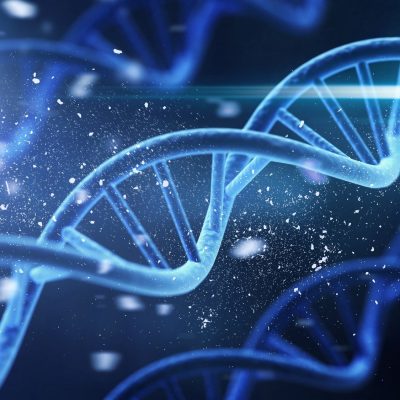Recent studies have revealed a significant link between epigenetic aging colorectal cancer, particularly among postmenopausal women. A groundbreaking study published by the clinical journal highlights that epigenetic changes can significantly increase the risk of developing colorectal cancer, indicating that the biological aging process may be a critical component in understanding cancer susceptibility (Aging Journal, 2025). This relationship underscores the importance of early detection and lifestyle interventions aimed at mitigating risk factors associated with both epigenetic aging and colorectal cancer.
Understanding Epigenetic Aging
Epigenetic aging refers to the biological age of cells as determined by epigenetic markers, which can differ from chronological age. This process is influenced by various factors, including environmental impacts and lifestyle choices. Recent research outlines that the epigenetic clock, a concept developed through DNA methylation studies, has shown strong correlations with cancer risks, including colorectal cancer. This clock is particularly relevant because it provides insights into how well an individual’s biological processes align with their chronological age (Clinical Epigenetics Journal, 2020). Understanding how these markers work can help develop risk assessment tools and potential therapies for cancer.
Factors Contributing to Epigenetic Aging
Several factors contribute to epigenetic aging, notably lifestyle choices such as diet, physical activity, and smoking. For instance, a diet high in fruits and vegetables has been linked to slower biological aging processes (Journal of National Cancer Institute, 2020). Additionally, research indicates that maintaining healthy weight and exercising can significantly lower the risk of epigenetic age acceleration, reinforcing the need for public health initiatives aimed at encouraging healthier lifestyles.
📊 Key Information on Epigenetic Aging
- Dietary Influence: Vegetable intake mitigates CRC risk.
- Exercise Impact: Regular activity slows biological aging.
Implications for Cancer Screening
The implications of understanding epigenetic aging extend to cancer screening and prevention strategies. Early assessment using epigenetic biomarkers might help identify individuals at heightened risk for colorectal cancer, enabling early interventions. Recent advances in molecular diagnostics suggest that these epigenetic markers can inform personalized screening strategies that could potentially save lives by detecting cancers at more treatable stages.
Key Takeaways and Final Thoughts
In summary, the emerging link between epigenetic aging colorectal cancer emphatically highlights the necessity of understanding biological aging’s role in cancer development. With increased risks associated with lifestyle, public health messaging must adapt to include education around epigenetics. Keeping up with research in this field ensures we can leverage scientific advancements for better health outcomes, and integrating lifestyle changes can significantly impact cancer prevention strategies.
❓ Frequently Asked Questions
What are epigenetic markers?
Epigenetic markers are modifications on DNA that can influence gene activity without changing the DNA sequence. They play a crucial role in understanding aging and disease risk, including cancer.
How can lifestyle impact epigenetic aging?
Lifestyle choices such as diet, exercise, and exposure to toxins significantly influence epigenetic aging. Healthy habits can slow biological aging and reduce cancer risk.
To deepen this topic, check our detailed analyses on Nutrition & Diet section







